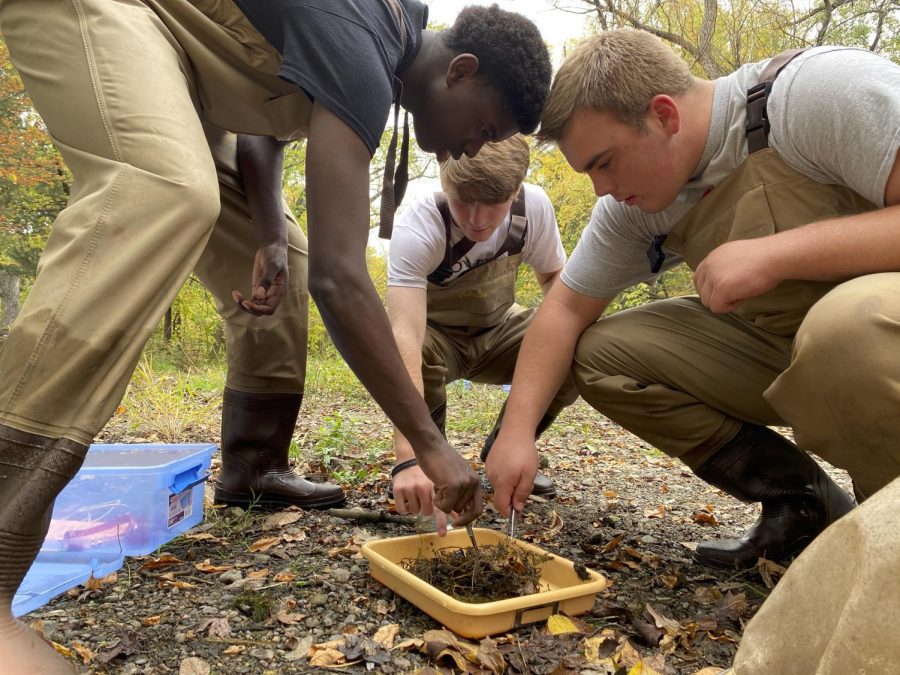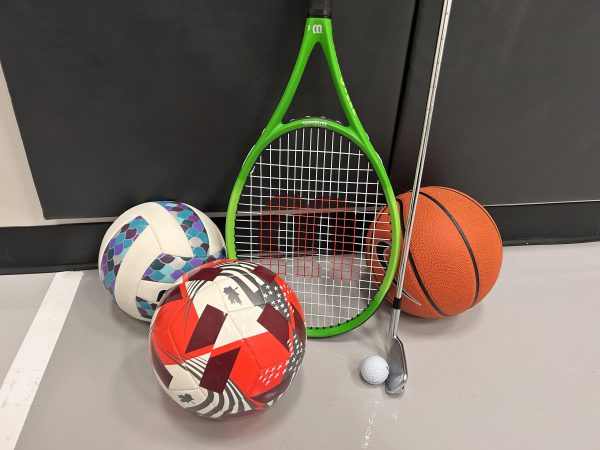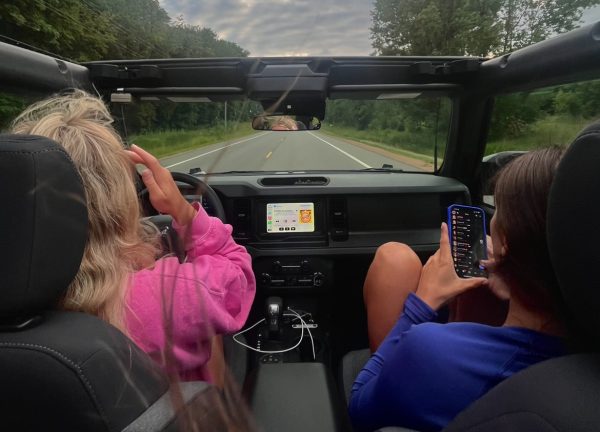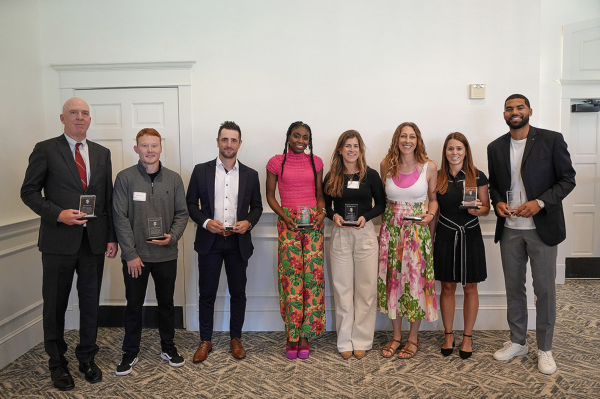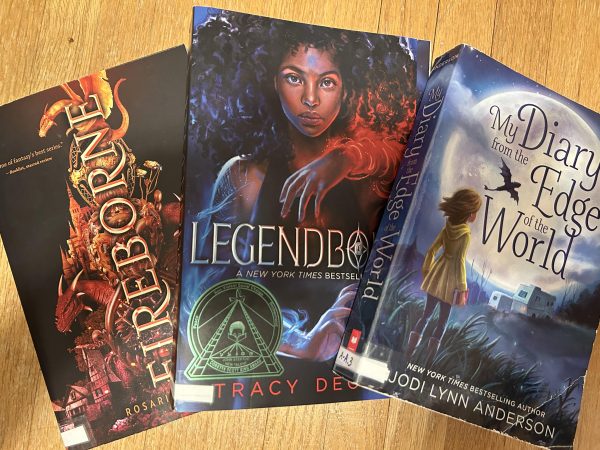The irreversible importance of Environmental Conservation
Twenty-two species of birds, fish, and plants were recently removed from the endangered species list and officially declared extinct. Ms. Reuss, a BSM junior high science teacher, gives us her take on what we can do for the betterment of the ecosystem. For Reuss, the importance of wildlife conservation falls into two categories: personal and large scale.
For Ms. Reuss, conservation is a critical issue which is reliant on two big factors. “Human interaction and climate change are the two most pressing issues impacting wildlife and their extinction,” Reuss said.
Educating oneself is the first step to a more sustainable environmentally friendly ecosystem. Many people don’t understand or have never been educated on these issues. Change, whether it be big or small, can have drastic impacts in improving the quality of life and our world. Reuss suggests that students can educate themselves and make small changes in their routines such as recycling, composting and getting rid of waste properly. “Wildlife is important; in my class I teach about ecosystem services and what they can provide for us. It’s well beyond just enjoying an organism on an animal planet,” Reuss said.
Gaining a better understanding and appreciation for wildlife is another step in the advancement of environmentalism. “Doing things on a smaller scale, even just our community here, would be a huge step towards environmental rehabilitation. It would be wonderful if we could add more pollinator gardens across our school and have some areas that are sitting with grass. Building services are interesting; we need a push to move in that direction,” Reuss said.
Doing things on a smaller scale, even just our community here, would be a huge step towards environmental rehabilitation. It would be wonderful if we could add more pollinator gardens across our school and have some areas that are sitting with grass. Building services are interesting; we need a push to move in that direction
— Reuss
Younger generations have significantly different perspectives on our ecosystem compared to earlier generations because of the change it is undergoing. “I grew up in a time where the channel Animal Planet was really big which helped me develop an appreciation for wildlife and that spanned into my college career where I started to do more research in the field of ecology,” Reuss said.
Through her studies, Reuss was able to participate in a hands-on approach to conservation. “Most of my work before I became a teacher was in the field of limnology, which is the study of inland waters where I was working on a study that was looking at a species of fish called the cisco in Minnesota lakes. The cisco is an important fish because it serves as a food source for some of our bigger game fish. We were finding that the cisco lives in this middle ground where it likes water at particular temperatures. Though with climate change it has been limiting their habitats,” Reuss said.











































